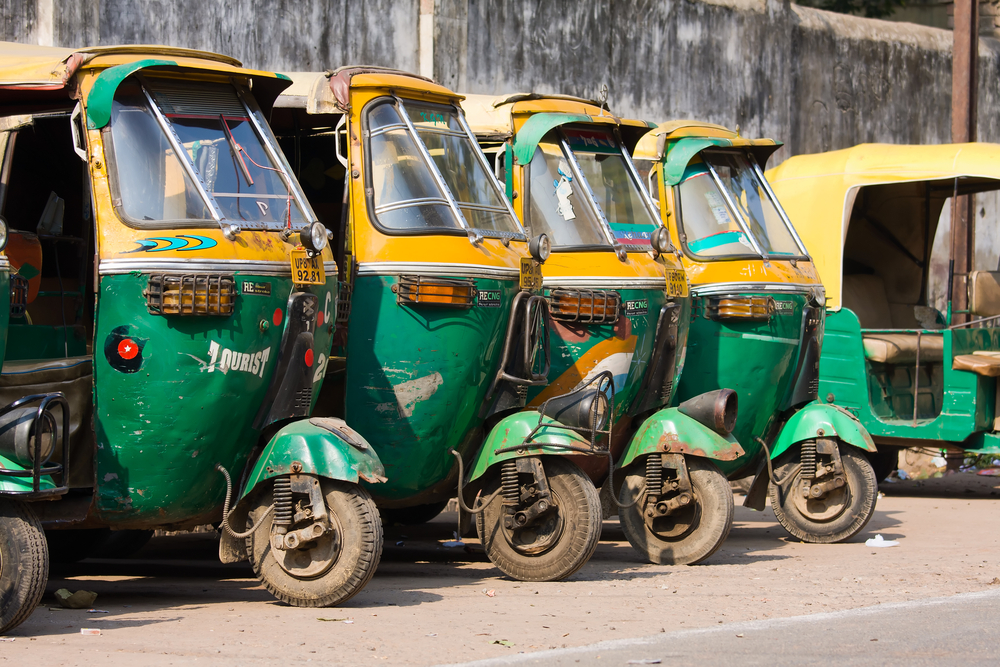Ola Diesel Taxi Ban: A Step Towards a Cleaner Delhi

Delhi is now considered to have air that is more toxic than any other city in the world. In 2013, Delhi had more than 10 times more smog particles of 2.5 microns than considered safe by the World Health Organization. With a population of over 10 million, the usage of diesel powered cars in the city is a high contributor to the toxic pollution levels. In a recent effort to cut down diesel emissions, on July 28, the Delhi High Court issued a ruling banning the taxi company Ola from operating its diesel taxis in the city. Taxis going out of the city to nearby destinations like Gurgaon or Faridabad would not be persecuted.
Background
Similar to Uber, Ola is an online taxi booking service. In 2014, they averaged about 200,000 rides every day and that number is only rising. It categorizes itself as an app that books cabs throughout the entire country. With its presumably high demand in Delhi, this order could put a dent in Ola sales. The Delhi High Court is allowing CNG taxis to operate in the city, however.
CNG vehicles run on compressed natural gas, which has much cleaner emissions –especially compared to diesel. Ola already has about half their vehicles operating in Delhi running on natural gas, but changes still need to be made.
Response
Ola is now offering its drivers benefits of up to one lakh to switch to CNG cars. Additionally, the company itself is planning on adding another 3000 CNG vehicles as well. Ola officials are completely on board with Delhi’s transition into using cleaner forms of energy.
The Delhi High Court’s order is just another example of India increasing its efforts to lessen its effects on the environment. In June, the India Supreme Court issued a ruling that required captive power plants in industries to obtain a certain amount of their energy from renewable sources. State energy regulators are supposed to hold these plants accountable as well. Slowly but surely, steps towards a more energy efficient India are being made.
Photo Credit: OlegD / Shutterstock.com




